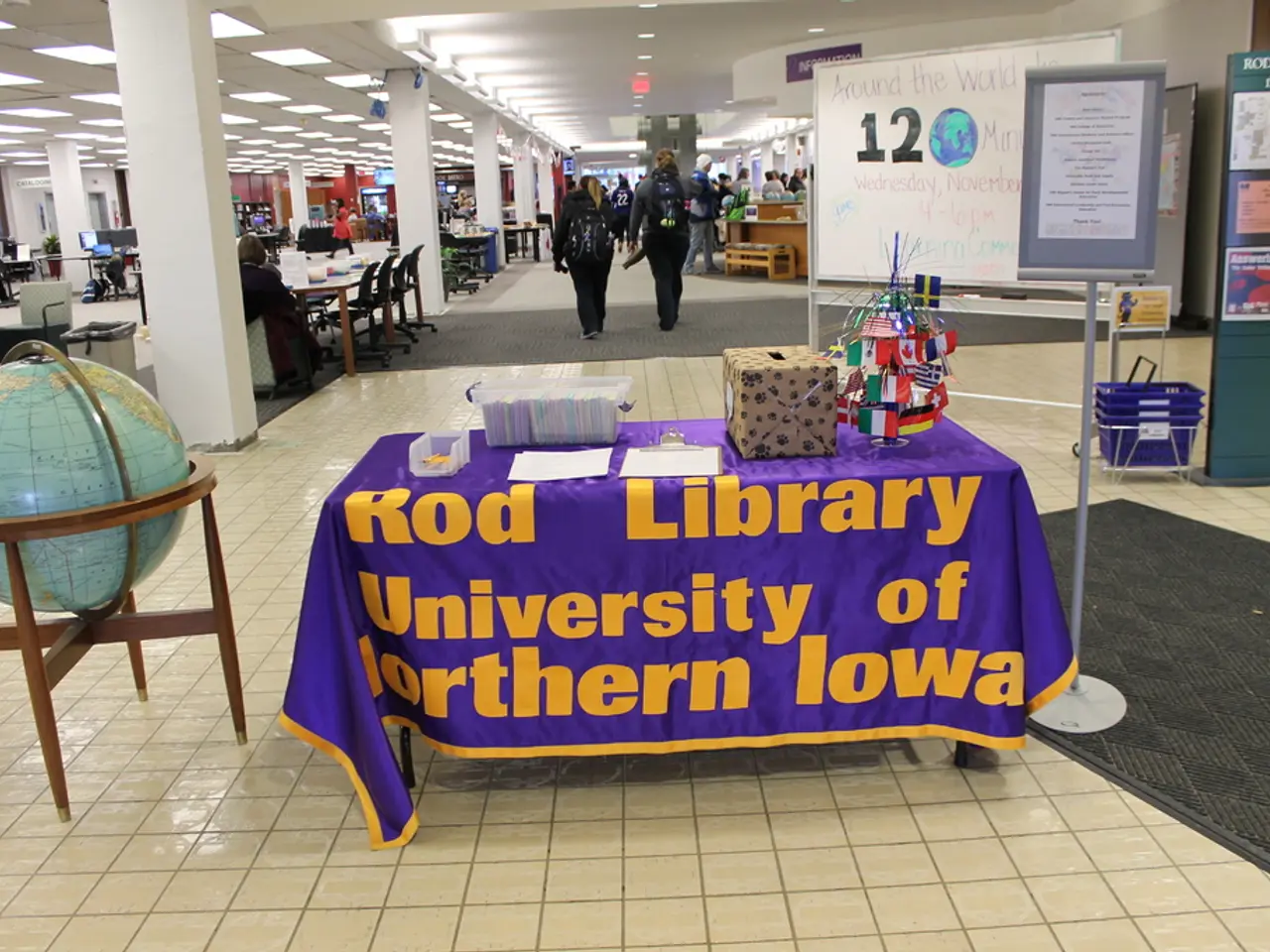Discourse on How to Talk About Cultural Festivals in the English Language
Sharing insights about cultural festivals can foster a sense of shared human experience and community. To engage in meaningful conversations about various cultural festivals, it's essential to emphasize respectful communication and understanding of cultural diversity.
Key Practices for Engaging in Cultural Festival Discussions
- Initiate with curiosity and positivity: Start by expressing interest in the festival or culture and ask open-ended questions about the customs or significance behind them.
- Demonstrate empathy and active listening: Try to understand the experiences and meanings behind cultural expressions by genuinely listening and empathizing with the people sharing their traditions.
- Respect dress codes and etiquette: Choose modest or culturally appropriate attire as a sign of respect, avoid cultural appropriation, and follow local customs regarding behavior and participation.
- Be mindful of personal and cultural boundaries: Avoid interruptive or loud behavior, ask before photographing people or sacred rituals, and recognize your role as a guest honoring the culture.
- Celebrate diversity through sharing and learning: Use cultural festivals as opportunities to broaden awareness about global traditions and foster mutual respect by acknowledging and honoring their histories and values.
By combining sincere engagement with cultural sensitivity, conversations about festivals become meaningful exchanges that celebrate diversity and build understanding across different cultural backgrounds.
The Importance of Cultural Festivals
Cultural festivals often consist of rituals, performances, and traditions specific to a culture or community. They play a crucial role in promoting understanding and unity across different cultures and nationalities.
Participating in or discussing cultural festivals can help build bridges between different cultures, foster mutual respect, and promote global understanding. It's essential to understand the significance of each festival for the communities that celebrate them.
Examples of Cultural Festivals
Examples of cultural festivals include Christmas, Diwali, La Tomatina in Spain, and the Dragon Boat Festival in China. The Hindu festival of Diwali, also known as the Festival of Lights, marks the victory of light over darkness and is celebrated with lighting lamps, fireworks, and sharing sweets.
The Chinese New Year combines vibrant parades, family gatherings, and symbolic foods that bring prosperity and good fortune for the coming year. Schools that integrate celebrations of diverse cultural festivals like Eid, Pongal, or Yule can aid students in appreciating cultural differences and similarities early on in their education.
Learning About Cultural Festivals
Learning about cultural festivals from around the world can be achieved through online resources, books, documentaries, cultural exchange groups, social media platforms, and educational institutions. Active learning about cultural festivals through studying, attending events, or engaging in thoughtful dialogue can benefit personal growth and contribute to a more inclusive and appreciative society.
The Role of English in Cultural Festival Discussions
Engaging in conversations about cultural festivals in English can foster global understanding and respect for cultural diversity. English discussions about cultural festivals open up possibilities for individuals to exchange ideas and create ripples of cultural understanding and awareness.
Educational institutions can incorporate cultural festivals into their curriculum to enhance academic learning and foster empathy and global citizenship. Clarity and sensitivity are paramount when discussing cultural festivals, using language that is respectful and non-appropriative.
Exploring a cultural festival unfamiliar to you can enrich your understanding of different societies and their historical and social contexts. Engaging in conversations about cultural festivals requires open-mindedness and an eagerness to learn. By doing so, we can build a more inclusive and appreciative society that values and celebrates our diverse cultural heritage.
- To gain insights about various cultural experiences, one could delve into discussions about fashion and beauty, food and drink, travel, education, and self-development, general news, and sports within the context of cultural festivals.
- Though Christmas is widely recognized as a global festival, understanding the significance and cultural meanings behind Diwali, La Tomatina, the Dragon Boat Festival, and other cultural festivals can broaden our awareness about different societies and foster mutual respect.
- In order to participate effectively in discussions about cultural festivals and to appreciate their importance in promoting global understanding, one should seek knowledge from various sources such as books, online resources, cultural exchange groups, and educational institutions.




